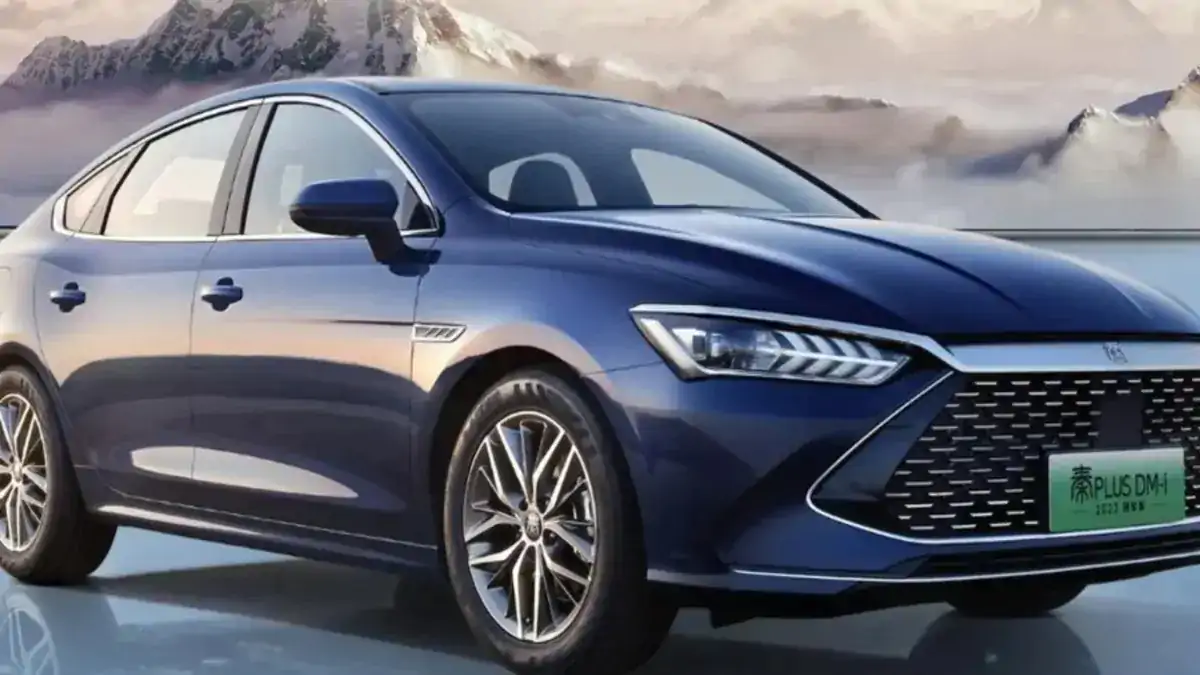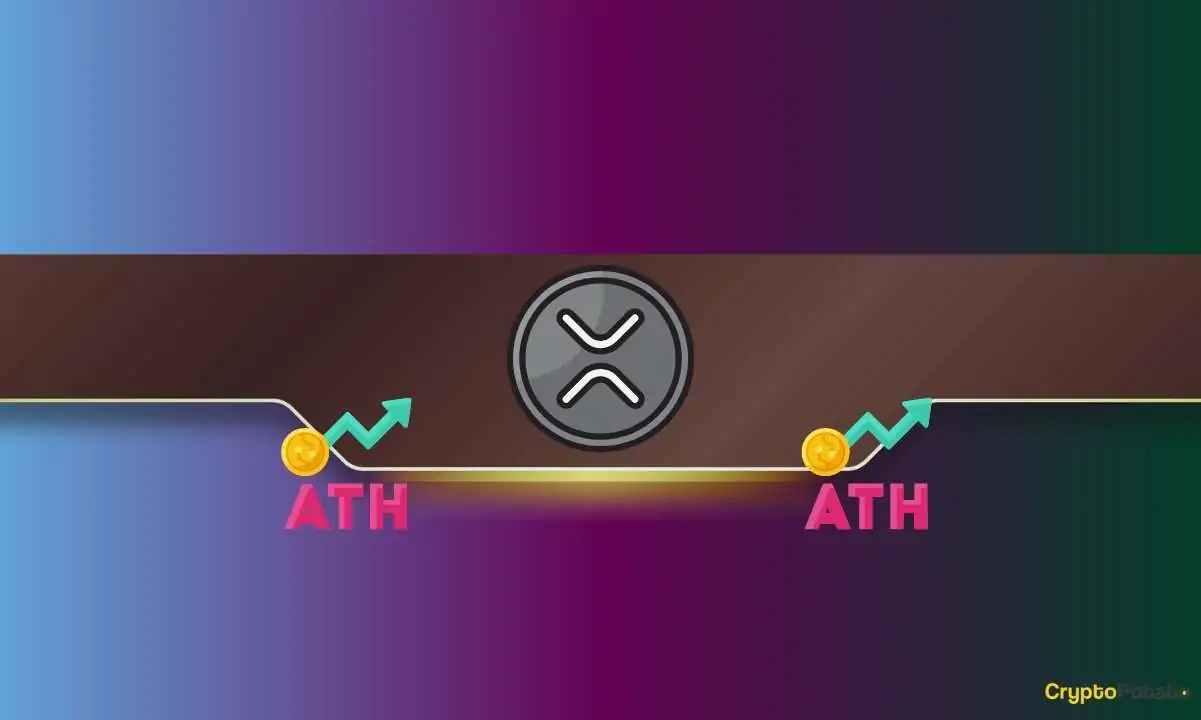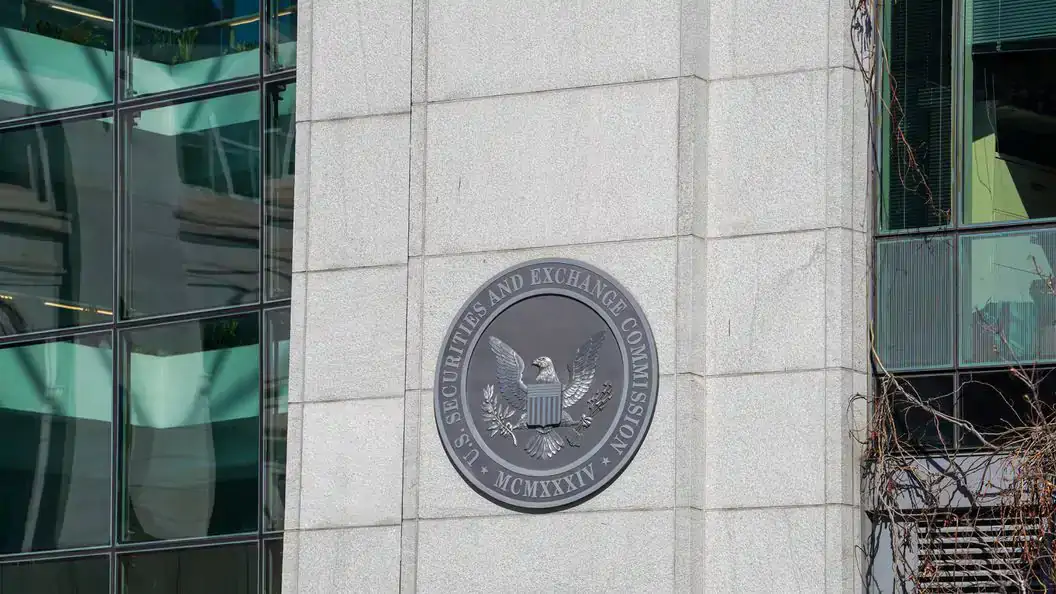BYD, the world's leading electric vehicle (EV) manufacturer, has just launched the latest iteration of its plug-in hybrid model, the Qin Plus DM-i, in a move to entice customers away from traditional petrol-powered rivals like Volkswagen and Toyota.
Aptly named the Glory Edition, this new offering comes with a groundbreaking starting price of just over US$11,000, making it more affordable than popular petrol cars such as Volkswagen's Lavida and Toyota's Corolla.
In a statement on the microblogging site Weibo, BYD boldly declared, "The price will make petrol car assemblers tremble," positioning the Glory Edition as a benchmark for the compact car segment. This strategic move aligns with BYD's commitment to accelerating the shift from fossil fuel-powered vehicles to electric, especially during a period of economic slowdown.
The Glory Edition is priced 20% lower than its predecessor, starting at 79,800 yuan (US$11,086), with an impressive battery-only driving range of 55 kilometers. This affordability is expected to resonate well in China, where two out of every five new cars on the roads are powered by batteries, particularly among budget-conscious, young drivers who are concerned about job prospects and wages.
Almost 40% cheaper than your average fuel-consuming Corolla
This new edition is not only 15% cheaper than the entry-level Lavida but also nearly 40% less than the basic Corolla, making it an attractive option for those looking to make the switch to EVs without breaking the bank. Additionally, the Glory Edition outperforms other hybrid models, such as Toyota's Prius, which is priced at 179,800 yuan in its base edition, more than double the cost of BYD's offering.
BYD's strategic approach to pricing is not new; in April 2023, the company introduced the Seagull, an entry-level hatchback priced at 73,800 yuan, targeting low-income clients. The Seagull, with a range of up to 305km on a single charge, competes favorably against low-priced petrol-based cars like the Toyota Yaris, which starts at 85,800 yuan in China.

Known for producing EVs priced under 200,000 yuan, about 30% lower than premium models from Tesla, BYD has consistently been a key player in China's electric vehicle market. The company's blade lithium iron phosphate battery packs have gained popularity due to their increased energy density and resistance to overheating.
In 2023, BYD delivered 3.02 million pure electric and plug-in hybrid vehicles worldwide, marking a 62.3% increase from the previous year. "Chinese consumers now favor low-priced EVs amid a bearish economic outlook," notes Eric Han, a senior manager at Suolei, an advisory firm in Shanghai. "BYD has the design and manufacturing heft to churn out value-for-money electric cars to cater to those budget-sensitive customers."
Looking ahead, BYD continues its ambitious plans to challenge Tesla and other rivals in the premium EV segment, recently announcing a 100 billion yuan investment in developing smart cars.
The company is set to launch a range of premium and luxury models this year, building on the success of its super luxury model, the Yangwang U8, priced at 1.1 million yuan. With its sleek design and impressive features, including "tank turns" and "crab-walk" capabilities, BYD's foray into the luxury segment signifies its commitment to innovation across all market segments.




 BlocksInform
BlocksInform










